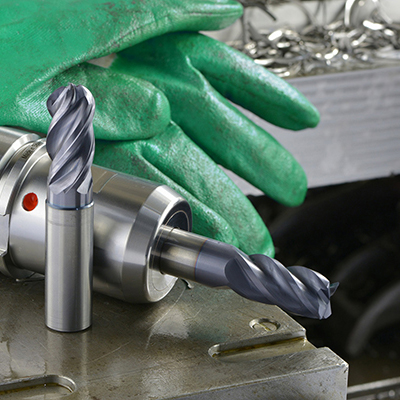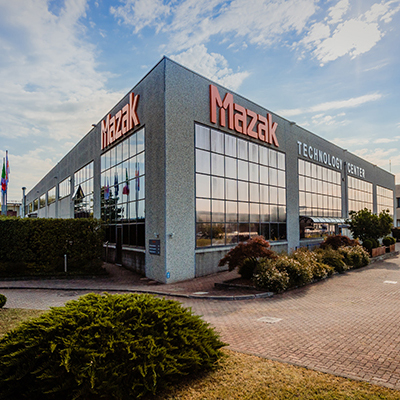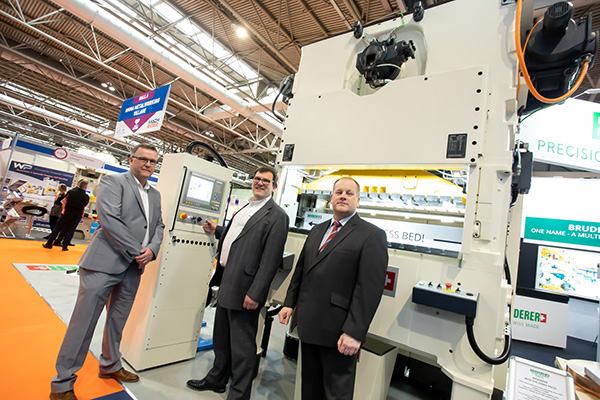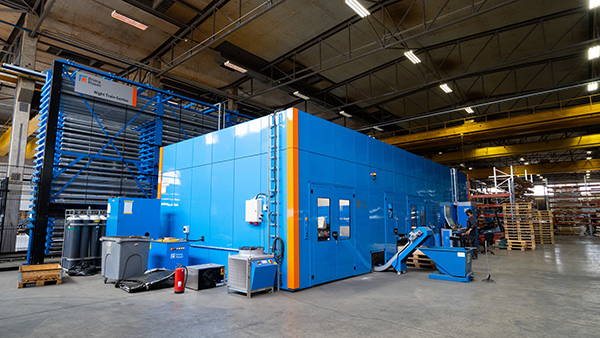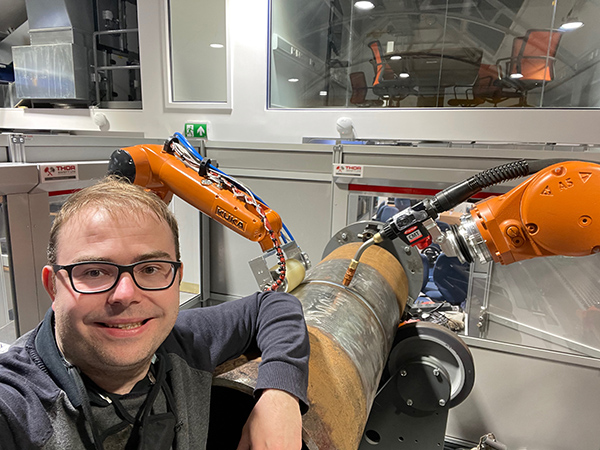
Industrial Tooling Corporation (ITC) has introduced a solid end milling platform which offers an affordable series of cutting tools that demonstrate high performance and reliability in steel, stainless steel and cast iron applications. The new Widia WCE solid-carbide end mills deliver a cost-effective solution to suit small to medium machine shops.
Widia’s WCE platform initially features the new WCE4, a versatile four-flute geometry that offers features such as an asymmetrical pitch and variable helix. The asymmetrical pitch eradicates the harmonic effect of the tool to reduce vibration, enhance swarf evacuation and prolong tool life. Likewise, the variable helix geometry further reduces vibration to permit heavy cutting, while improving surface finish, tool life and overall stability.
WCE4 also introduces a new grade, WU20PE. According to ITC, this versatile grade provides exceptional versatility, giving the new end mills the facility to perform extremely well on steel, stainless steel and cast iron, as well as on high-temperature alloys and hardened materials. The grade’s design features, coupled with the four-flute geometry, deliver an end mill with reliable performance and application versatility, even in demanding operations such as full slotting and heavy cutting scenarios. Widia’s new variable helix end mills are available in diameters from 3 to 20 mm, and are suitable for shoulder milling, slotting, helical milling, ramping, plunge milling and 3D profiling.
The WCE platform includes four-flute square-end and ball-nose end mills with both straight and Weldon shanks available in metric and imperial dimensions. To provide complete flexibility, the new WCE4 series is also available with corner radii and a necked shank, providing engineers with additional reach when machining deep cavities, slots and complex forms. Later in 2022, ITC and Widia will be introducing the new WCE5 five-flute geometry end mills.
For further information
www.itc-ltd.co.uk






